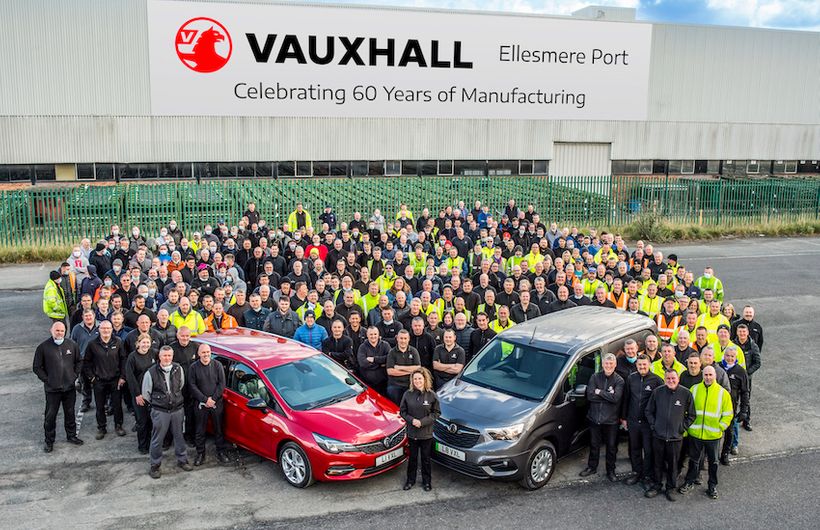The EU and UK have steered away from slapping an extra tax on electric cars by agreeing to extend the current rules of origin for electric vehicles and batteries for three years - until 31 December 2026.
This follows a proposal by the Commission on 6 December and its adoption by the Council earlier today.
The rules of origin for electric vehicles and batteries under the were designed in 2020 to incentivise investment in the EU's battery manufacturing capacity. Circumstances not foreseen in 2020 – including Russia's aggression against Ukraine, COVID-19's impact on supply chains, and increased competition from new international subsidy support schemes – led to a situation where the scaling-up of the European battery ecosystem has been slower than initially anticipated.
The Commission said in its announcement: “In light of the concerns raised by the European automotive, battery and chemical industries as well as trade unions, today's decision has been adopted.”
However, the Commission warned that: “This is a one-off extension that cannot be prolonged…..This means that EU industry must now intensify its investments to increase and deepen its battery manufacturing capacities. Furthermore, industry needs to evaluate its supply chains to ensure that vehicles destined for export to the United Kingdom are assembled with EU-originating (or UK-originating) batteries, in order to comply with the rules of origin applicable from 1 January 2027.
Mike Hawes, Chief Executive of the UK’s Society of Motor Manufacturers and Traders, said: “Deferring the rules of origin is a win for motorists, the economy and the environment. Maintaining tariff-free trade in EVs will ensure consumers retain the widest and most affordable choice of models, at a time when we need all drivers to make the switch. Governments have listened to the sector and acted to safeguard the competitiveness of the EU and UK automotive industries and give the Anglo-European battery industry the critical time it needs to catch up. The measure will help cut carbon, support growth and jobs, and is the right decision for the decarbonisation of road transport."
 Plants like Ellesmere Port were at risk if the tariffs were implemented
Plants like Ellesmere Port were at risk if the tariffs were implemented 











